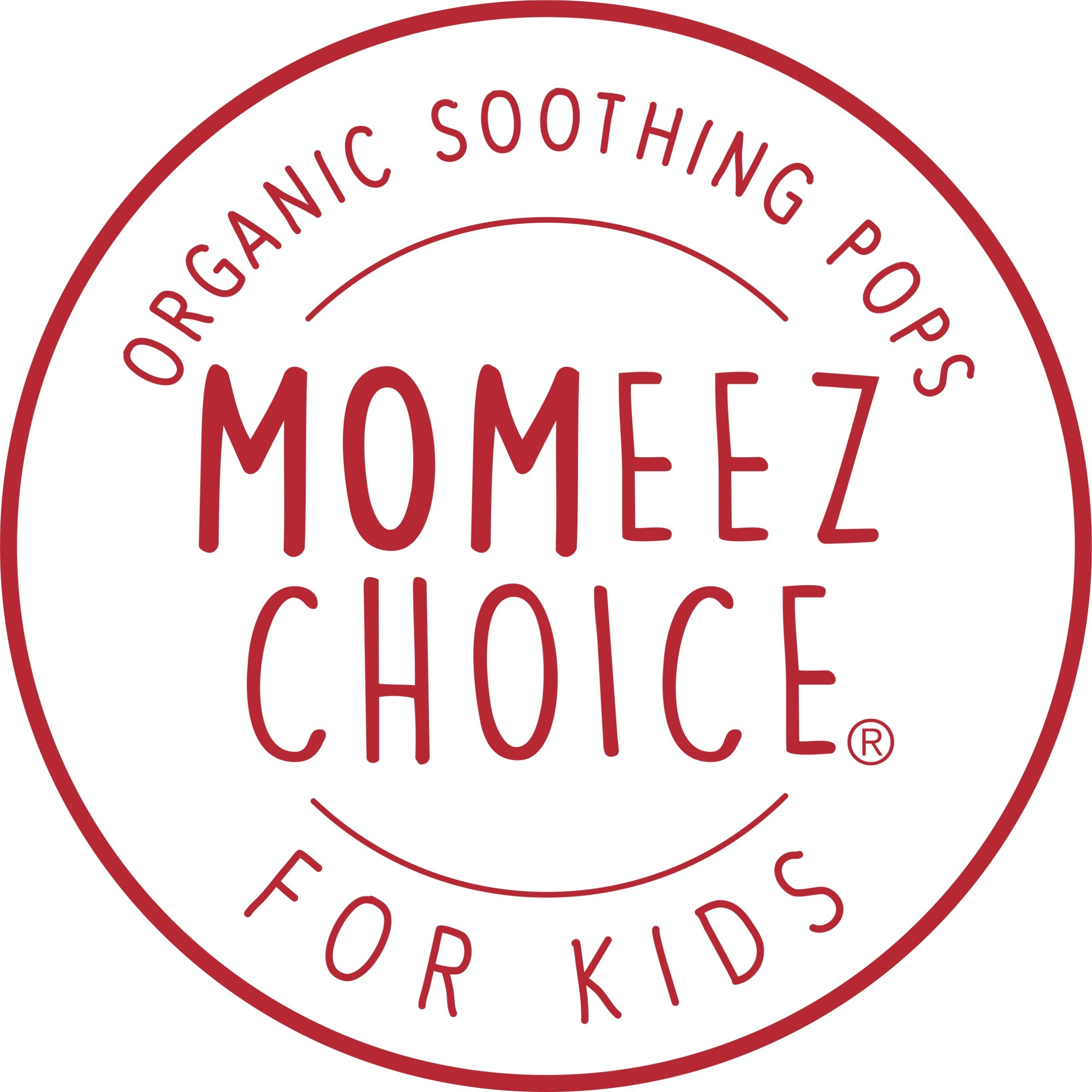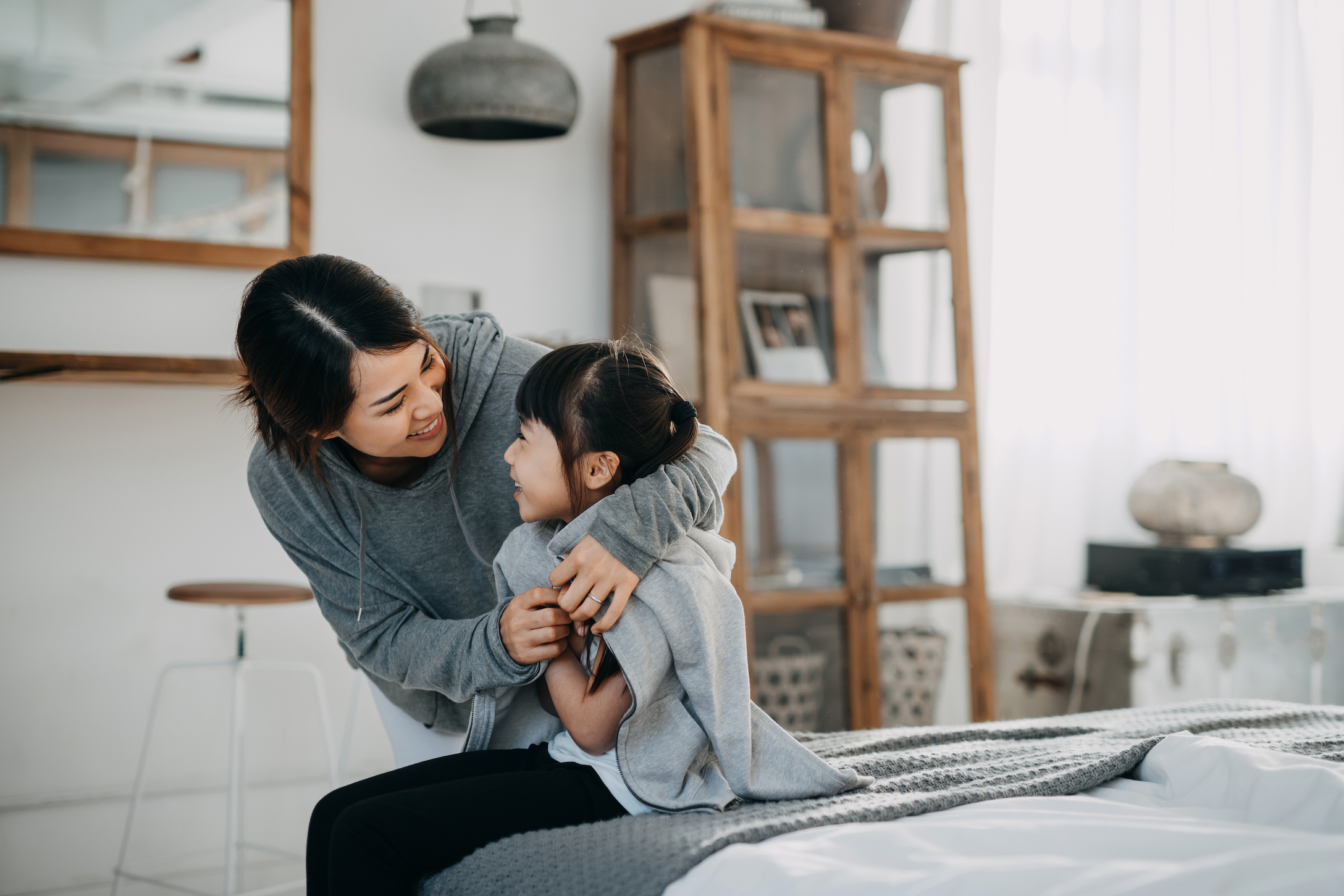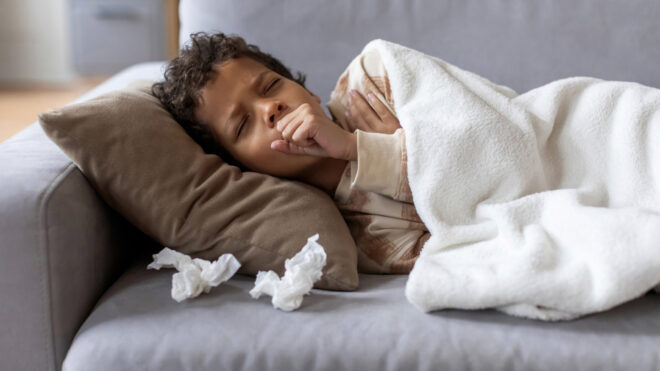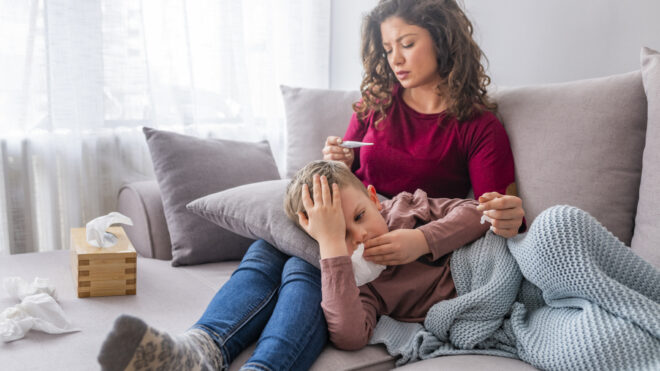

For many of us, TikTok has become a total addiction — and we're not talking about our kids. Especially over the past year, this app built on short, creative videos has become a welcome reprieve from the stress in our lives. But after getting familiar with all things TikTok, it's clear this isn't just about funny videos. In fact, plenty of amazing parenting content can be found on the app, including a lot of pointers on how to help our kids stay mentally healthy as they grow.
From child therapists to social workers to actual moms who have been there, TikTok is a gold mine for parenting content from people who really know what they're talking about. And for those of us who are busy (what parent isn't?), the short, to-the-point format of these videos is a lot easier to digest than reading an entire book on parenting in our limited free time.
Looking for different parenting approaches to try? Here are the best TikTok videos about kids' mental health, and most of these tips are so easy we could try them out today.
An Alternative to Time Out
It's easy to see why this tip went viral! Instead of putting her child in time out as a punishment, this mom created a "calming corner," which contains sensory tools for him to take a minute to chill out and think through his emotions before he receives consequences like less screen time or chores around the house.
Serve Dessert With Dinner
Dinner time can often be a battle — we get it. This mom and nutrition expert has been there, so she has a pretty interesting tip to offer: Serve dessert along with dinner. This allows no food to be "ranked," and will help kids develop healthy relationships with food since they won't undereat to leave room for dessert or overeat to clear their plate if they're not hungry.
Coping With Toddler Tantrums
It's almost impossible to reason with a toddler, but these tips might help. This toddler teacher recommends trying approaches like staying calm, validating the little one's emotions in that moment, and being mindful of the child's needs as the tantrum is happening.
Doing Hard Things
Using an example of a time one of her students dumped out crayons he was sorting by color, this teacher recommended that if something like this happens and a child is getting frustrated, it's important to remind him that he can do hard things and helping him see that he's able to fix his oops.
How To Praise Children
Praising our children is an important part of building their self-esteem, but according to this child therapist, we have to do it the right way. He suggests avoiding praising kids for things that aren't in their control (like the way they look) and instead, praising them for the things they actually put effort into.
Taking Responsibility for Our Feelings
The same therapist, Ryan Allen, recommends not telling our kids that they "made" us angry or frustrated — instead, we should own those emotions ourselves and keep our own feelings at the center of our communication, saying, "I feel frustrated right now," without placing the blame on our child.
Why Our Kids Are Acting Out
This mom encourages us to remember that when our kids are acting out, we should remember that it's their way of communicating the negative feelings that are causing that behavior — like sadness, anger, and fear — and that it's our job to help them through it.
Why Yelling Can Be Harmful
As parents, we're human — that means as hard as we try not to, eventually, we'll end up raising our voices. But this child therapist reminds us that it's not the yelling that kids find traumatic; it's the other behaviors we sometimes pair with it (like silent treatment or not apologizing after the fact) that makes it traumatic.
How To Respond to 'Hate You'
As moms, hearing our kids tell us they hate us is so hard — but in many cases, it's inevitable that it's going to happen eventually. This therapist shares the right way to respond. Instead of reacting, we should remind them that we love them and that we're here for them.
Words To Avoid
An educator who goes by the name Mr. T often shares his best tips with his TikTok followers, including the words we should avoid using with our kids, which happens to include the phrase "shut up" and the word "never" when we're describing their behavior.
Don't Take It Personally
Considering the work, emotion, and love we put into raising our children, it's hard not to take it personally when they aren't listening to us. But as this mom reminds us, it's not actually personal — and believing that it is can actually get in the way of continuing to parent effectively.
Positive Affirmations
Helping our kids feel positive can start with teaching them affirmations — including using the words "I am" as a way of giving them power to decide who they are and who they're going to become.
Kids Book Recommendations
In this quick, super useful video, a child therapist and social worker offers recommendations for children's books that will help our kids work through and better understand tough stuff, like big emotions, ADHD, and responding poorly to hearing the word "no."
Instead of 'No'
Sometimes, not using the word "no" can actually be really effective — especially when doing it the right way. This therapist says we should try saying "yes, when" instead — yes, they can watch TV after they've done their homework, instead of saying no, they can't watch TV because they have to do their homework.
Child-Led Play
In this series from a child therapist, the idea of child-led play is explained, teaching parents what to do and what not to do. Offer plenty of toys, but don't ask questions during play, or parents become the leaders, not the children.






